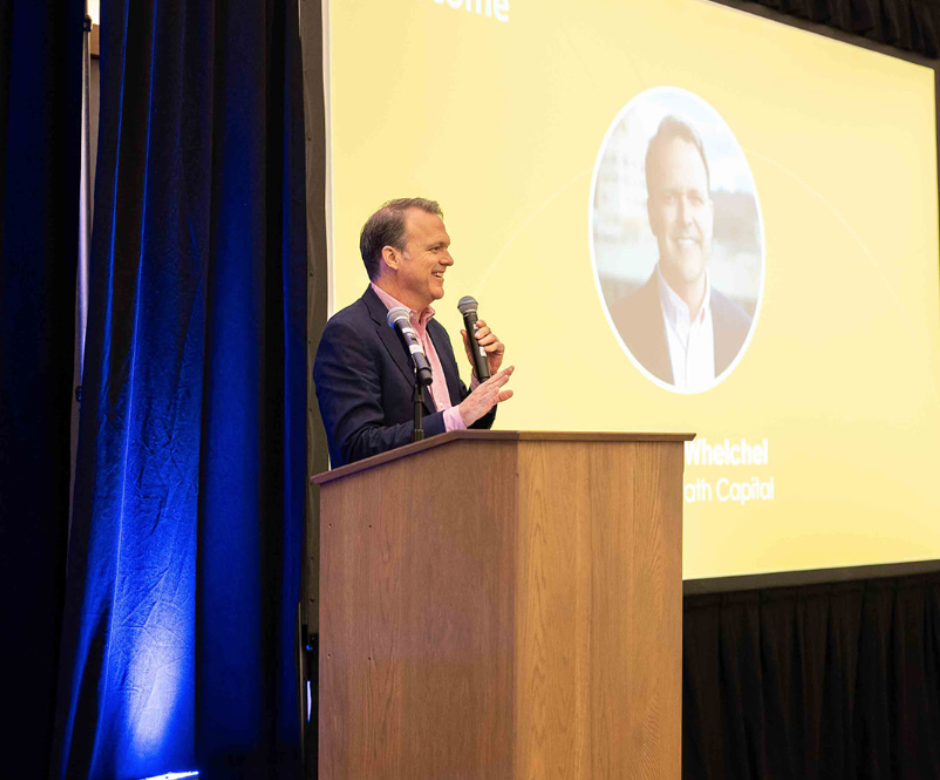Founders who have cultivated companies for purpose and impact face unique considerations as they explore and evaluate exit options. In addition to achieving the desired financial return, purpose-minded founders also aim to protect their company culture and stakeholders and maintain their personal legacy.
Since establishing Big Path Capital in 2007, Founder and CEO Michael Whelchel has become familiar with the challenges and opportunities that founders face as they consider exit strategies. “You can’t start planning too early,” Michael says. “Just like if you want to sell your home, there is a lot to do: Getting the house ready, deciding where and when you’ll move. And if the home is important to you, determining what kind of person will care for your home as much as you did.”
In the Q&A that follows, Michael shares insights from his work with mission-driven founders as they evaluate and develop exit strategies and how those lessons can help other business leaders looking to enhance their legacy and impact.
How does Big Path collaborate with impact founders to explore legacy strategies that maintain their company’s mission?
For founders who have built the company around their mission, legacy is paramount. While valuation is naturally important, founders also want to feel like their life’s work is going to continue. It’s a very big, important piece for them.
We do this both in an informal and formal way. Informally, we do this continually as we develop relationships with founders and CEOs. One way that we’re able to build that rapport is by having conversations about their options and their current thinking. This is a very interesting piece that includes personal and professional objectives, dreams, and desires. So it’s a dialogue that helps them understand what their options are and helps us to build that trust.
Formally, we host the MO Summit, an annual conference that about 150 CEOs from mission-driven companies attend. It includes sessions with panels or workshops on how other CEOs have done this. We really bring the community together. People can learn from each other, and hearing from people who have gone through it can be really helpful to those who are considering it.
What are some key considerations for impact founders as they consider or approach selling/exiting their business?
Valuation is a piece that needs to be within a range that the founder feels is fair. Beyond that, continuing the brand legacy is very important. Other considerations include what happens to the staff, which a lot of times you can’t control but you can get an indication based on the buyers’ prior reputation and how the customers will be taken care of.
A more fundamental piece to this is determining if there is a core value matchup between the buyer and what’s embedded in the company. Is there rapport during negotiations? That doesn’t mean it will be conflict-free, but respect between parties is important. Founders must consider the relationship they want with the company going forward. Do they want to play a role in some way? And does the buyer see that equally as a value?
What opportunities and challenges do you see as a wave of baby boomers approach retirement and prepare for business succession?
A huge wealth transfer is underway as baby boomers prepare to sell their businesses — it’s estimated that over $1 trillion worth of assets could be transferred during the baby boom retirement era. This can be a great opportunity for mission-driven companies, especially with the younger generations who have a deeper commitment to values. It’s a way that younger generations can engage in the family business and bring an additional perspective for impact.
There’s a secondary opportunity when the founder sells the company and has investable assets. We’ve seen where the founder who has investable assets uses impact to engage younger generations.
There are also basic considerations like estate planning, tax planning, and business evaluation. It’s also important to look at personal goals and what that looks like post-exit, when founders may have extra time and need something else to engage them. What’s going to fill the gap for them? These businesses typically have been a large part of their lives, where the personal and the professional come together in a way that’s hard to replicate. It can be challenging to find something that’s going to be that important to them.
What do you most enjoy or appreciate about working with mission-driven founders who are evaluating new ownership options for their businesses?
We had a recent client who compared us to midwives, and that is a good analogy. We get invited to be part of a consequential, personal part of a founder’s life. Being invited into that space where we can add value is humbling. By supporting them and providing guidance through the process, which is both personal and professional, there’s an emotional piece to it. We help them ride that roller-coaster.
We also play a role in risk management, helping them identify and understand the risks. This is the most significant transaction most of these founders will go through, and many don’t know where the land mines are.
One thing that differentiates us from traditional investment bankers is the long-term relationships we develop. If the client is open to it, we typically continue to stay in touch.


